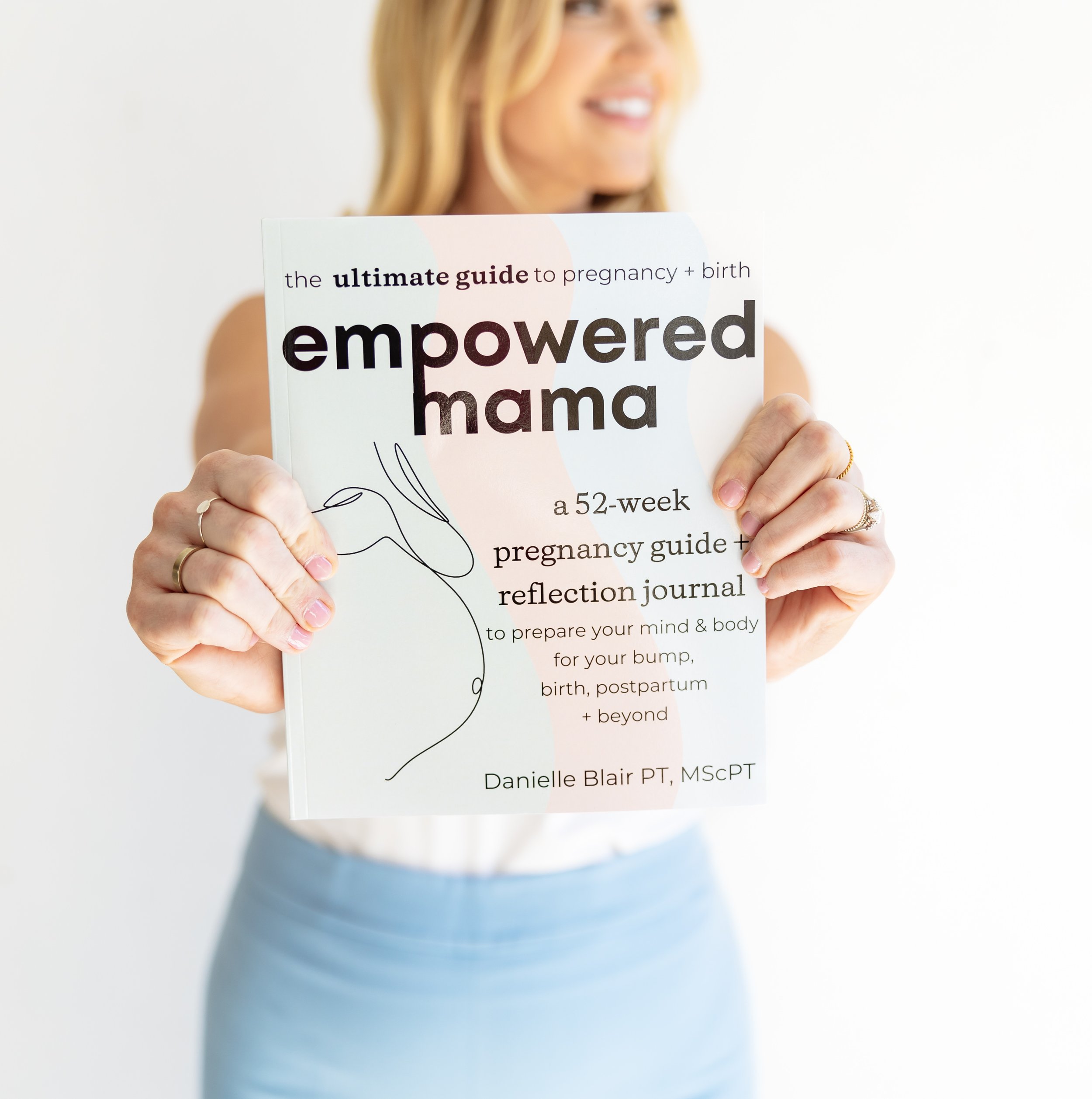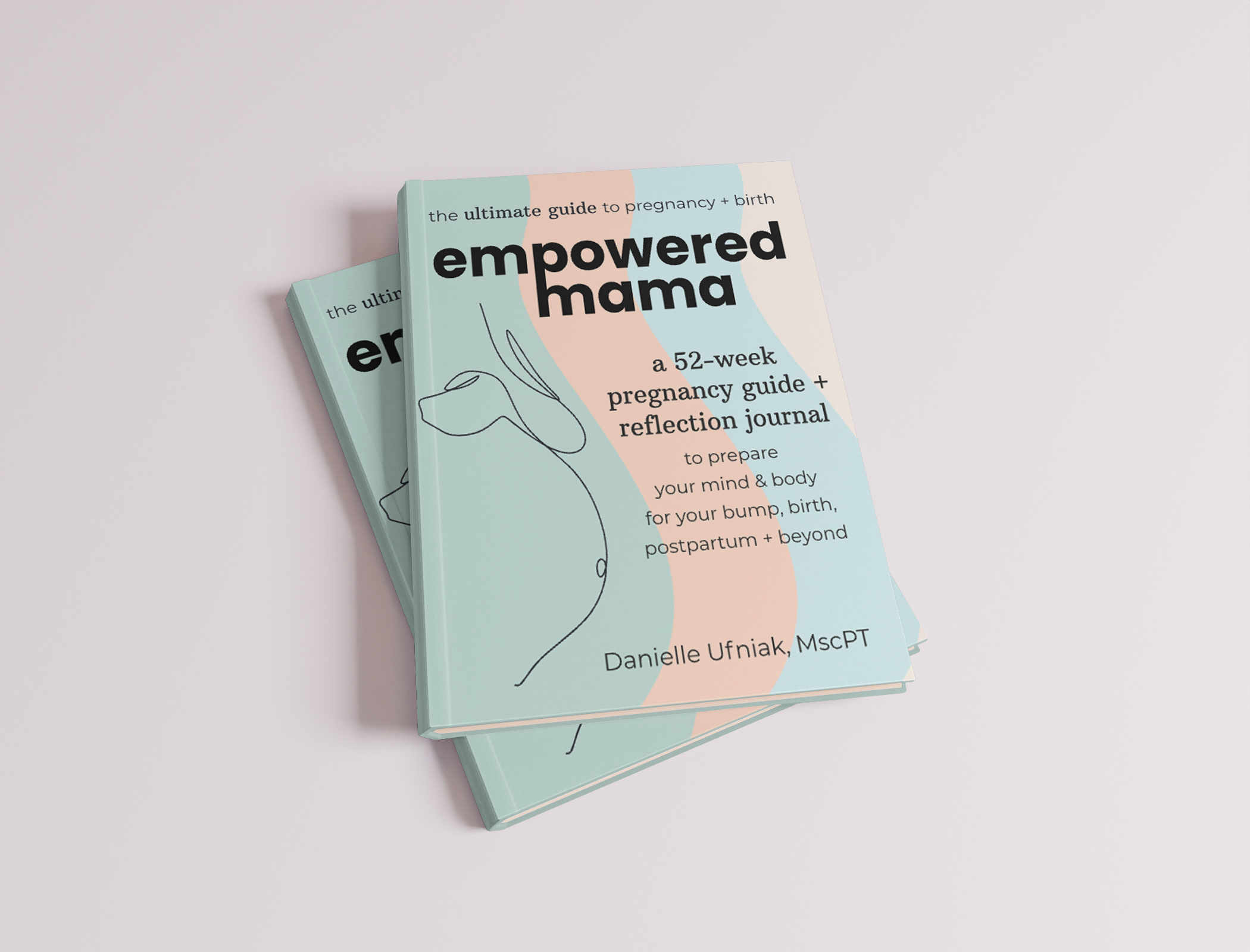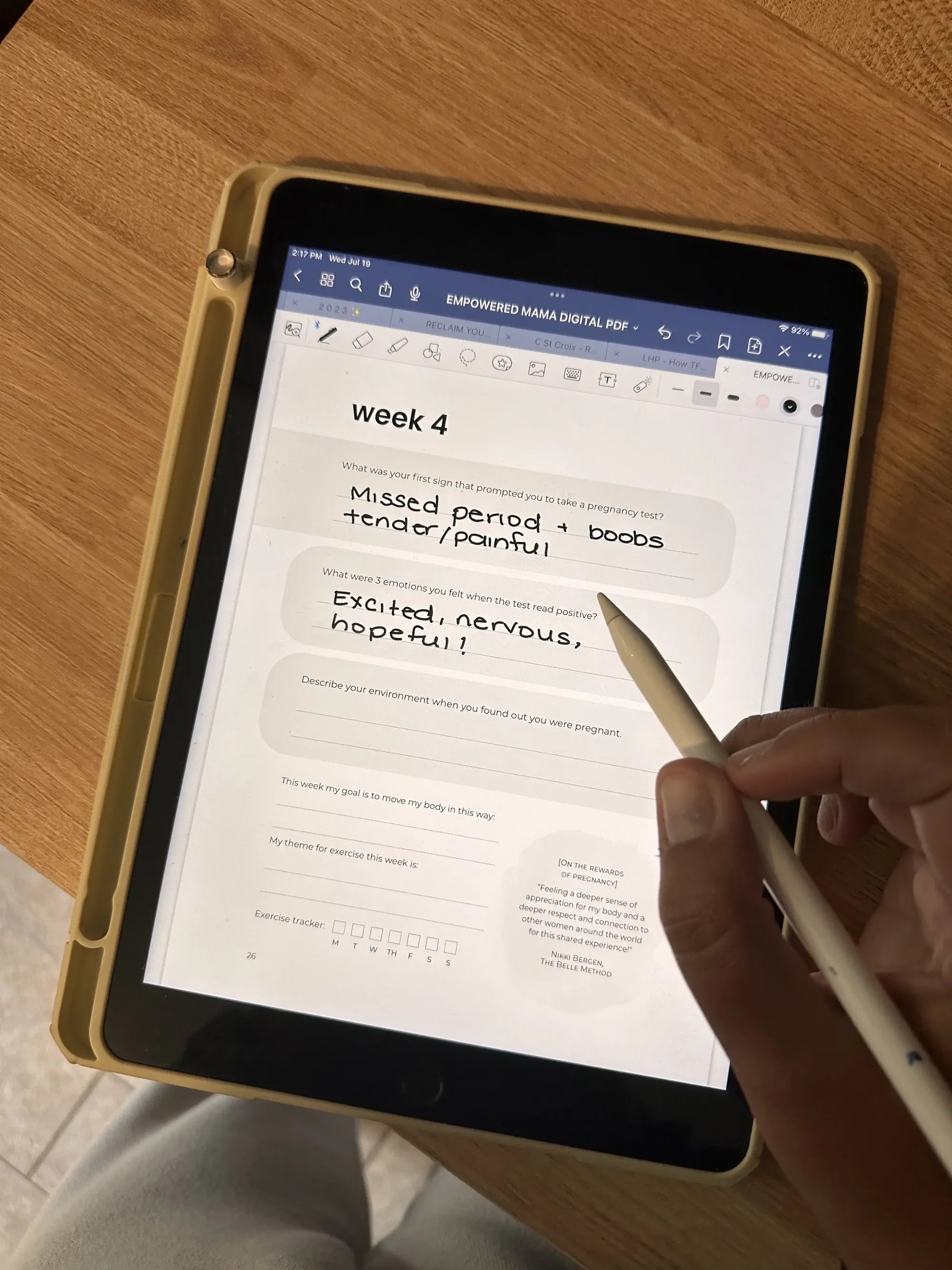
Pelvic Health Physiotherapy
Pelvic floor physiotherapy is a specialized form of physiotherapy involving internal and external assessment of the pelvic floor muscles. Our pelvic floor muscle system is involved with major system functions including stability of the low back & hips; support for our organs; control over our bodily functioning (urination + bowel movements) and sexual performance.
Who is Pelvic Health Physio for?
Individuals leaking urine, feces, or gas
Individuals with pelvic region pain, hip pain or low back pain
Pain with penetration (intercourse, inserting a tampon)
Prolapse or heaviness in the pelvic region
Pregnancy and preparing for birth
Recovering from vaginal or c-section birth
Abdominal changes or separation (diastasis rectus abdominins)
Pelvic floor muscle weakness or lack of coordination
Frequent urination or urgency with urination or bowels
Perimonpause and menopause symptoms
Endometriosis, Polycystic Ovarian Syndrome, PMS symptoms
Urgency incontinence (can’t make it to the bathroom in time)
Pubic symphysis dysfunction (lightning crotch)
Dyspareunia (painful sex)
Navigating exercise and fitness during pregnancy, postpartum recovery, post-op and beyond
What happens during a Pelvic Health Physio appointment?
Your History
We will discuss your intake form and issues, concerns and goals relating to your pelvic health including your health history, past birth and pregnancies if applicable, bladder & bowel habits, sexual function, movement and exercise.
Education
We explain what your pelvic floor and core system is and how it works, giving you a clear picture of what and how we assess.
Assessment
We will do some basic movements to see how your body moves and behaves and what core and pelvic floor strategies or habits you may use. We may do hands-on muscle testing and joint testing or use our hands placed on your body to feel for muscle tension or activation with certain movements. We may recommend an internal assessment if it’s indicated and explain why we think it may be useful. However, it is always completely up to you whether to consent or not to an internal assessment and you can withdraw consent at any time.
Treatment
Based on findings, we will provide education, action plan, and exercises as part of your take home program. We will also discuss a treatment plan that works for you and your life.
A Note on Internal Assessments
An internal vaginal and/or rectal exam can be performed to assess the tension, strength, and coordination of your pelvic floor muscles and how they function with the rest of your body.
Before the Exam your physiotherapist will:
Explain why an internal exam may be beneficial
Discuss the pros and cons of internal palpation
Ensure you have all your questions answered
You’ll be given privacy to:
Undress from the waist down (feel free to leave your socks on!)
Lie on the table on your back and cover yourself with a sheet
Consent is essential.
You must provide explicit consent before any part of the exam begins, and you can withdraw consent at any time. If you want to stop, we stop—no questions asked.
During the Exam the physiotherapist will:
gently insert 1-2 gloved fingers into the vagina, or
1 gloved finger into the rectum (depending on your needs)
Lubrication is always used for comfort
This allows for a thorough evaluation of each pelvic floor muscle group
No speculums or instruments are used—just gloved fingers.
After the Exam the physiotherapist will:
Let you know the exam is complete
Leave the room to give you time to get dressed
Return to discuss findings and recommend next steps
If You Decline the Internal Exam
It’s completely okay—internal exams are not mandatory!
Your therapist will make treatment recommendations based on:
Your health history
External exam findings
Your individual goals
While an internal exam is considered the gold standard for assessing pelvic floor function, your comfort and consent are always the top priority.
Pelvic Health Physio in Pregnancy and Postpartum
From solving pregnancy-related issues to prepping for birth and postpartum recovery, I’ve got you covered. Here’s how we work together:
Initial Assessment
We begin with a personalized session to address your unique needs—whether it's pain, leaking, constipation, exercise guidance or general discomfort
You don’t have to wait until baby arrives to feel better!
Birth Prep
A baby only enters the world one of two ways—vaginally or via cesarean
We prepare for either birth type including pain management strategies, advocacy, education around stages of labour, positions for labour and pushing, breathing strategies and more
If a c-section is planned, we can tailor the session specifically for that
Postpartum Prep Session (done before birth)
Learn how to support healing from day one
Discover safe, gentle exercises you can begin immediately after birth (vaginal or cesarean)
Prepare your body and mind for the transition into postpartum life
Pregnancy lasts 9 months—but postpartum lasts a lifetime. Let’s set you up for success.
After Birth
You can come in for a postpartum assessment at any time postpartum, the only part of the assessment we must wait for 6 weeks is your first internal pelvic floor exam (once cleared by your doctor or midwife)
We'll assess recovery, address any concerns, and plan your next steps for rehab and strength-building
Pelvic health is for women along their entire lifespan — from painful periods to pregnancy and postpartum to menopause and beyond.
Frequently Asked Questions
-
Yes! I am a registered physiotherapist in Ontario in Ontario and pelvic floor physiotherapy falls under our scope.
-
The pelvic floor is a group of muscles and connective tissue that span the underside of the pelvis and attach from your pubic bone to the tail bone and between your Sitz bones. The purpose of these muscles is to support your internal organs; stabilize your pelvis, hips and lower back; play part in sexual function; impact circulation and the lymph system to pump fluid out of the pelvis; and impact your ability to pee, poop, and pass gas.
-
Your physiotherapist is with you for the entirety of your appointment.
Initial assessments are 60 minutes long and follow up visits can be 45 minutes or 60 minutes. Your physiotherapist will discuss treatment options and you will both form a plan together after your initial assessment so you know how long your appointments should be.
You can view our fee schedule and book pelvic health appointments here.
-
It’s never too late to start pelvic health physiotherapy after giving birth—whether you're weeks, months, or even years postpartum. The body continues to respond to rehabilitation at any stage, and treatment can help address concerns like incontinence, pain, prolapse, or core weakness. Pelvic health physiotherapy supports healing, restores function, and helps you feel stronger and more confident in your body. No matter how much time has passed since childbirth, recovery is always possible.
-
It’s totally up to you! Pelvic floor assessment and treatment can be provided even if you’re on your period (we wear gloved and our table is protected). Pelvic organ position and muscle tone can be affected by hormonal changes and it can actually be helpful to assess this during this time.
If you’re not comfortable with an internal assessment or treatment when you’re menstruating, we can continue with the session focusing on external work and movement or you can reschedule your appointment with at least 24 hours notice.
-
Of course! You are more than welcome to bring your baby to your appointment and attend to them during your session.
-
My passion for the pelvic floor and women's health was sparked while in physiotherapy school. I was frustrated with how taboo it was to talk about pelvic floor dysfunction among my friends and colleagues. I also didn't feel like I knew enough about the pelvis and pelvic floor muscles to properly rehabilitate and educate my patients. This led my to continuing education in the field of pelvic health in 2015. Now my goal is to shed light on the pelvic issues that were once considered taboo, shameful or even worse, 'normal'. I hope to empower women to feel their best of move confidently through every season of their life - Danielle
My passion for pelvic health came after having my two boys and realizing the lack in physical care and guidance for the pregnant and postpartum woman. I wanted to be able to support women and treat their pain during this unique time in their lives. I enjoy tying together my knowledge of yoga and breathing and pelvic and hip mobility with pelvic health along a woman’s lifespan - Rachel
What’s Included in Pelvic Floor Physio?








Perinatal Prep Guide
A summary of how pelvic floor physiotherapy can help you through your first to fourth trimester
Empowered Mama: A 52-Week Pregnancy Guide + Reflection Journal to Prepare Your Mind & Body For Your Bump, Birth, Postpartum + Beyond
$27.99
-
A 52-Week Pregnancy Journal and Weekly Reflection Workbook For New Moms. Prepare Your Mind and Body Through all Stages of Pregnancy Including Maintaining Pelvic Floor Health, Postpartum Guidance, and New Motherhood Wellbeing
This pregnancy journal and weekly reflection workbook will help new moms-to-be prepare their mind, body, and overall health for an enjoyable, informed, and reflective pregnancy!Filled with week-by-week pregnancy journal prompts created by a Pelvic Floor Physiotherapist and , expert quotes on maternal health and wellbeing, checklists and milestone tracking, this journal is the perfect pregnancy companion for any new mom.*This journal helps support pregnant mamas who want to continue to stay healthy mentally, physically, and emotionally throughout this season of their life, and have a space to reflect on their changing mindset, body, and strength while preparing for labour and birth.
The pre- and postnatal season of a woman’s life is a profoundly transformative one. This journal is a space to reflect on your pregnancy mindset, connect with your maternal intuitions, and come into your power through education as you prepare for birth and beyond. Knowledge and intuition are powerful, mama!
With the overwhelming information on the Internet, this journal will become your guide and comfort and a keepsake for your precious journey.
-
You are on your journey to becoming a mama
You are currently pregnant (congrats!)
You are looking for a way to celebrate a friend or family member that is pregnant
You and your partner are growing your family, making this the perfect gift
-
Trimester-specific tips, education, mindset, and insights from a Pelvic Floor Physiotherapist
Weekly trimester-focused reflection questions
Weekly exercise tracking and modifications-Weekly expert advice/quotes
Milestone tracking
BONUS: Hospital bag checklist-BONUS: Partner preparedness checklist+ so much more!
Empowered Mama: Digital Workbook Version
Get the digital workbook version of my 52-Week Pregnancy Journal and Weekly Reflection Workbook
$9.99
Finding Fitness: An 8 Week Return to Fitness Program + Pelvic Floor Education
This program is a cumulation of all of the education and knowledge of a pelvic health physio and perinatal fitness coach to help you: heal yourself, progress back into fitness, identify symptoms and signs that your body is sending you, and improve your mindset surrounding your body and athleticism postpartum.
Common postpartum fitness mistakes
Education and anatomy of the pelvic system
Setting intentions for postpartum exercise
Fitness strategies to improve performance
Signs & symptoms of common pelvic floor issues
Two Months of 30-40 min Programming (4 days/week) including: Warm Up, Strength, Conditioning, and Core/Mobility
Bonus material surrounding pelvic floor management techniques for high impact and running
Bonus pelvic floor relaxation drills
All you'll need:
1 resistance band
2 medium dumbbells (5lb-15lb)
2 heavy dumbbells (10lb-25lb)
$150.00
-
You are >6 weeks postpartum and are looking for a stepping stone between healing and pre-pregnancy fitness
You want to learn about your body, common postpartum signs + symptoms, and feel educated and confident about your core and pelvic floor
You have limited time for exercise and want to use it as efficiently as possible to maximize your postpartum healing
You feel exercise is important but you are struggling to know 'which exercises to do' or how to progress
-
Education on: Anatomy, Functions of the pelvic floor and core system, Signs and symptoms and what they mean
2 months of fitness programming
Each daily program includes: warm up, strength, conditioning, core + mobility cool down
Bonus cueing for high impact and return to running
Follow along videos for all programming













